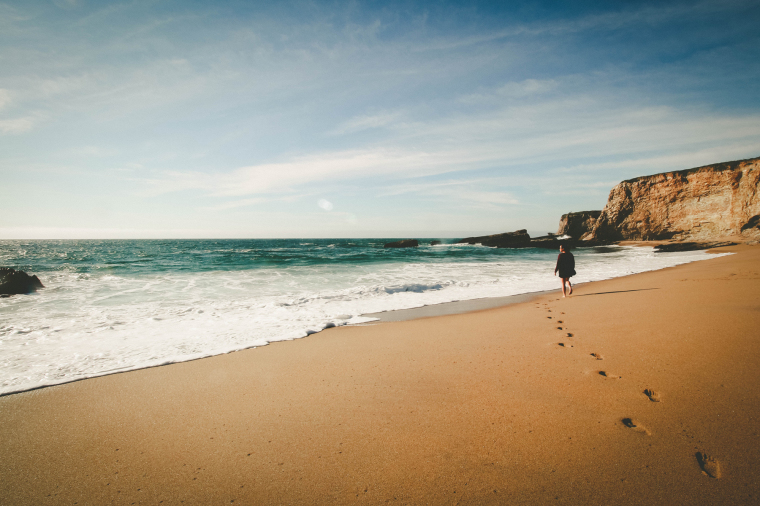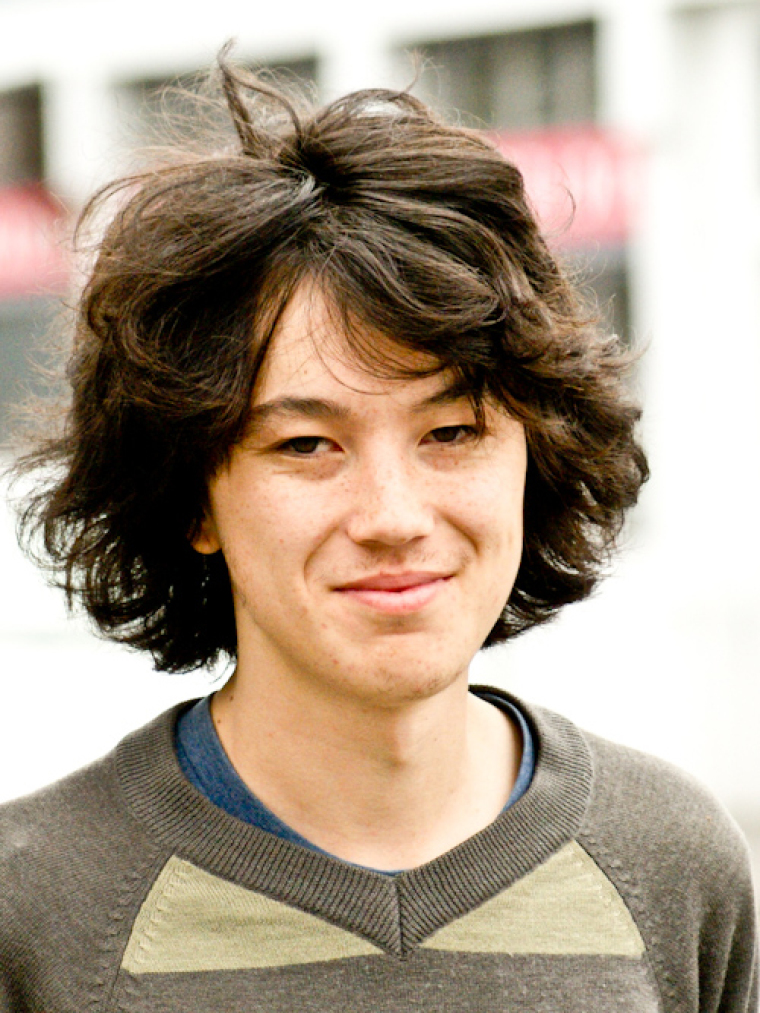
First published February 18, 2013
We live in a society permeated with stories. Some are personal, some impersonal. Some fictional, others lived out through every waking moment. What we often forget as we are figuring out our own individual plot lines is that there are bigger stories, larger twists and even other characters that we are all inevitably a part of.
In January, I had the opportunity to travel to a place in New Zealand that was a key setting for one of the most important stories that New Zealand and myself are caught up in. You see, in 1814 Samuel Marsden preached the first Christian sermon near what is now Keri Keri. The place has aptly been called 'Marsden Cross' and has a small memorial, at which yearly a bunch of people get together to remember the event that brought the gospel to New Zealand.
There I met people, all who have their own stories, allowing themselves to remember the larger story in which they have been caught up. There were mostly older people, and even some non-Christians, learning about the history of New Zealand and finding appreciation in the courage and mentality of these first settlers of New Zealand.
We sang songs and remembered their gospel conviction and zeal to spread the good news throughout New Zealand. They were desiring to reach the Maori people with the message of the gospel, so that they might also know Christ.
What's sad is the lack of people my age, and even just the lack of humans present. We so easily forget our history and our pedigree. Few of us know our family beyond our grandparents. Perhaps it's our fascination with the new and the improved, maybe it's our smaller attention spans, or we think it's for those people with spectacles and tweed jackets.
Yet, here is a story which has shaped New Zealand for the last 199 years. Here is the stone from which our religious history has been cut, and so few people know or care to remember.
A community who remembered
The author of the letter to the Hebrews lists the great heroes who expressed faith throughout the Old Testament times. These were the forefathers and saints that surrounded the Christians who he was writing to. The Christians were to be a community who remembered first and foremost the gospel by which they were saved, but also the people who blazed the trail before them. They had long memories, finding no one in the past to be unworthy of them, despite the failings of the people in that list as well.
At the end of my journey to Marsden Cross I felt that I had reclaimed some of my own history, and stood in the line of Marsden in New Zealand, after all he is our fore-father in Christ. The remembering helped re-orient, remind, and rejuvenate myself. The larger story, has helped me focus this year, given me a plot to work out with others and taught me to remember the other characters that I must take into account when considering my place in this world.
As a challenge to the up and coming generation I say: remember where we have come from. Next year for the bicentenary of the first sermon preached in New Zealand, take out the time as a flat/family/church/individual to remember Samuel Marsden and the good work he has done to bring the good news. Remembering his example will help galvanise us to follow his example in following the great commission.
Zooming out a bit, if anything these larger stories we are all apart of in our various countries help to combat the continual and rampant individualism we are pressured with each day. They help us to remember the community of Christians around us, both present and in the past, and push us to imagine those who might yet be a part of our family.
As these larger stories are caught up in the grand story, the story of God's gospel which culminates in Christ, they also push us back there. As each individual testimony pushes us back there, so does each larger story of how our nation, family or tribe heard the gospel.
To a certain degree all of our own testimonies find their home in these ones so that we New Zealanders can all say that God used Samuel Marsden to bring me, a sinner, to Christ.
So, let us be communities of believers with long memories. Let us not forget the past, even as technology and thoughts race on into the future, let us continue to slow down and remember God's movements in our own history.
Dale Wang's previous articles may be viewed at www.pressserviceinternational.org/dale-wang.html